Najnowsze artykuły
 ArtykułyCzytamy w weekend. 19 kwietnia 2024
ArtykułyCzytamy w weekend. 19 kwietnia 2024 LubimyCzytać319
LubimyCzytać319 ArtykułyPrzeczytaj fragment książki „Będzie dobrze” Aleksandry Kern
ArtykułyPrzeczytaj fragment książki „Będzie dobrze” Aleksandry Kern LubimyCzytać1
LubimyCzytać1 Artykuły100 najbardziej wpływowych osób świata. Wśród nich pisarka i pisarz, a także jeden Polak
Artykuły100 najbardziej wpływowych osób świata. Wśród nich pisarka i pisarz, a także jeden Polak Konrad Wrzesiński1
Konrad Wrzesiński1 ArtykułyPięknej miłości drugiego człowieka ma zaszczyt dostąpić niewielu – wywiad z autorką „Króla Pik”
ArtykułyPięknej miłości drugiego człowieka ma zaszczyt dostąpić niewielu – wywiad z autorką „Króla Pik” BarbaraDorosz2
BarbaraDorosz2
Popularne wyszukiwania
- Polecamy
Where We Once Belonged
Sia Figiel Wydawnictwo: Kaya Press literatura piękna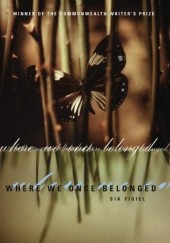 248 str. 4 godz. 8 min.
248 str. 4 godz. 8 min.- Kategoria:
- literatura piękna
- Wydawnictwo:
- Kaya Press
- Data wydania:
- 1999-11-02
- Data 1. wydania:
- 1999-11-02
- Liczba stron:
- 248
- Czas czytania
- 4 godz. 8 min.
- Język:
- angielski
- ISBN:
- 1885030274
- Tagi:
- Samoa Pacific Islands Oceania Violence Rape Incest Teenagers Children Family Community
Fiction. A bestseller in New Zealand and winner of the prestigious Commonwealth Prize, Sia Figiel's debut marks the first time a novel by a Samoan woman has been published in the United States. Figiel uses the traditional Samoan storytelling form of su'ifefiloi to talk back to Western anthropological studies on Samoan women and culture. Told in a series of linked episodes, this powerful and highly original narrative follows thirteen-year-old Alofa Filiga as she navigates the mores and restrictions of her village and comes to terms with her own search for identity. A story of Samoan PUBERTY BLUES, in which Gauguin is dead but Elvis lives on Vogue Australia. A storytelling triumph - Elle Australia.
Porównaj ceny
iPorównywarka z zawsze aktualnymi cenami
W naszej porównywarce znajdziesz książki, audiobooki i e-booki, ze wszystkich najpopularniejszych księgarni internetowych i stacjonarnych, zawsze w najlepszej cenie. Wszystkie pozycje zawierają aktualne ceny sprzedaży. Nasze księgarnie partnerskie oferują wygodne formy dostawy takie jak: dostawę do paczkomatu, przesyłkę kurierską lub odebranie przesyłki w wybranym punkcie odbioru. Darmowa dostawa jest możliwa po przekroczeniu odpowiedniej kwoty za zamówienie lub dla stałych klientów i beneficjentów usług premium zgodnie z regulaminem wybranej księgarni.
Za zamówienie u naszych partnerów zapłacisz w najwygodniejszej dla Ciebie formie:
• online
• przelewem
• kartą płatniczą
• Blikiem
• podczas odbioru
W zależności od wybranej księgarni możliwa jest także wysyłka za granicę. Ceny widoczne na liście uwzględniają rabaty i promocje dotyczące danego tytułu, dzięki czemu zawsze możesz szybko porównać najkorzystniejszą ofertę.Szukamy ofert...
Patronaty LC
Książki autora
Mogą Cię zainteresować
Oceny
Książka na półkach
- 1
- 1
- 1
- 1
- 1
Cytaty
Powiązane treści
Podobne książki
Przeczytaj także



















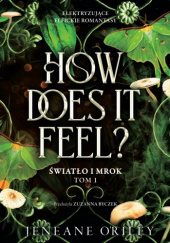
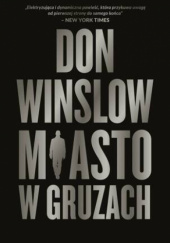





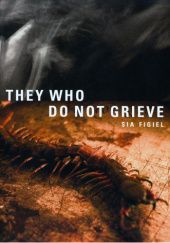






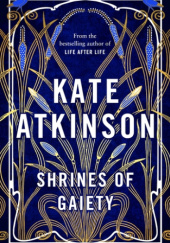




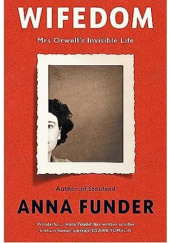
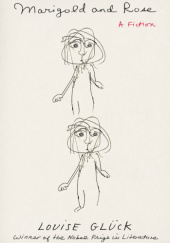


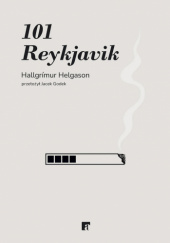
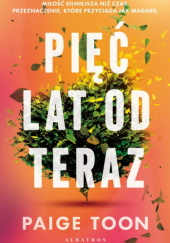

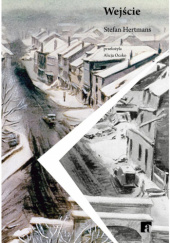


OPINIE i DYSKUSJE
Sia Figiel’s stories place women in a first place as the ones experiencing injustice and finding their ways to cope with pain and isolation individually. She illustrates the hardship of belonging, trauma, physical and emotional violation, and gender inequalities. The strength of the protagonists underlines the necessity of speaking out the truths and sharing stories from one’s own perspective listening to one’s own heart, feelings, and body. In her novels and collections of poems, through eyes of children and teenagers, this Samoan author elaborates on the “strict social taboos around the expression of female sexuality” (Ramsay 4),severe consequences of disobedience, constant perils of sexual harassment and physical threats, the necessity of vigilance, and resilience.
Where We Once Belonged, awarded with Commonwealth’s Writer Prize, constantly raises much debate among Samoan society by touching multiple important subjects such as violence and rape. The perspective of Alofa, which means “love”, at times relates to the glamourised concept of eroticised love common in western imaginary of South Pacific, in order to subsequently illustrate how uncompromisingly different is the actual reality (Benson & Conolly).
The composition of Sia Figiel’s novels attempts to unveil the feelings and emotional insight into prepubescent and teenage girls confronting sexual abuse in their environment and aloofness in adults’ world. Violence against children and women is a prevalent problem in Samoa where authors are on spotlight as they elevate their concern regarding subjects deemed by the society as private (Figiel qtd. in Cowling 34). Additionally, there is a popular belief that violence is acceptable to certain extent if does not bring any serious complications (Boodoosingh et al 39). Where We Once Belongs illustrates how aggression and double standards for women are the part of community’s everyday life. On the first pages of the book we learn that children are often the persons of interest for local predators: “Boys paid her money just to smell her panties, grown men paid her money, too, just to smell her panties and bra” (12).
Christian values and purity are always one first place as children are expected to be humble, quiet, and obedient. Any attempt to break the rules of moral purity are severely punished with physical brutality in order to protect the family’s honour and reputation. Girls are in constant fear of not only sexual assault itself but as well of the stigma and punishment that might come after. In a strongly structured and patriarchal community they stand a small chance of having the opportunity to tell their story and have the right to defend it.
Furthermore, Sia Figiel’s compositions accentuate the role of storytelling when dealing with post trauma. Sharing one’s story might bring a relief however sometimes her protagonists are not able to find out if speaking out the truths would release them from pain.
Boodoosingh, Ramona, et al. “Research Briefing: Violence against Women in Samoa.” Women’s Studies Journal, vol. 32, no. 1-2, 2018, pp. 33-56.
Cowling, Wendy E. “Island Lives: The Writing of Sia Figiel (Samoa) and Celestine Hitiura Vaite (Tahiti).” Junctures: The Journal for Thematic Dialogue, vol. 6, no. 12, 2009, pp. 29-41.
Figiel, Sia. Where We Once Belonged. Kaya Press, 1999.
Ramsay, Raylene. “Indigenous Women Writers in The Pacific: Déwé Gorodé, Sia Figiel, Patricia Grace: Writing Violence as Counter Violence and The Role of Local Context.” Postcolonial Text, vol. 7, no. 1, 2012, pp. 2-18.
Teaiwa, Teresia K. "Figiel, Sia (1967-).” Encyclopedia of Post-Colonial Literatures in English, edited by Eugene Benson, and L. W. Conolly, Routledge, 2nd edition, 2005.
Sia Figiel’s stories place women in a first place as the ones experiencing injustice and finding their ways to cope with pain and isolation individually. She illustrates the hardship of belonging, trauma, physical and emotional violation, and gender inequalities. The strength of the protagonists underlines the necessity of speaking out the truths and sharing stories from...
więcej Pokaż mimo to